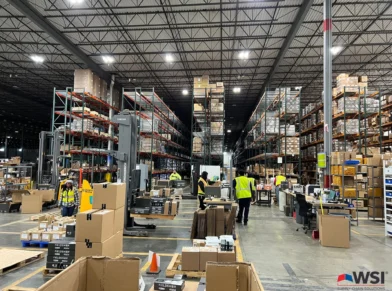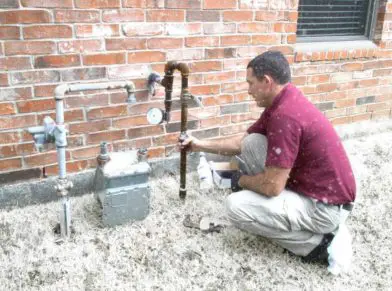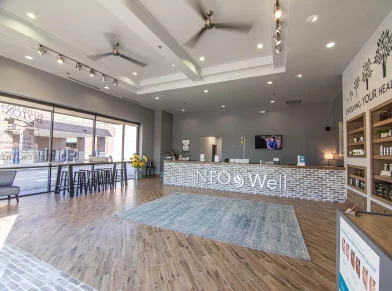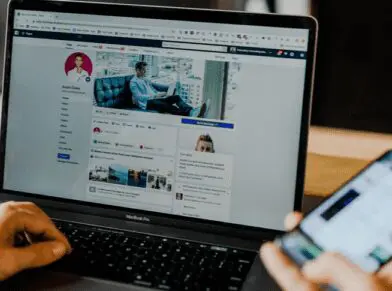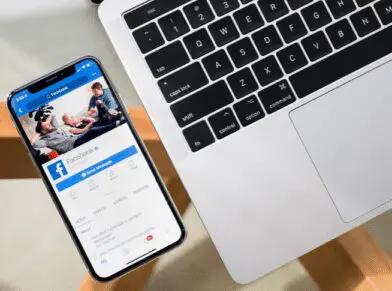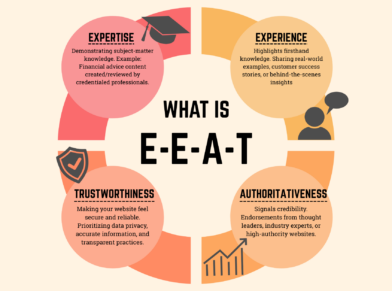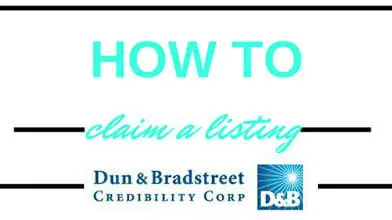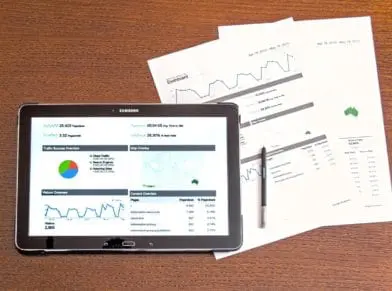WHAT’S NEW IN LOCAL SEARCH
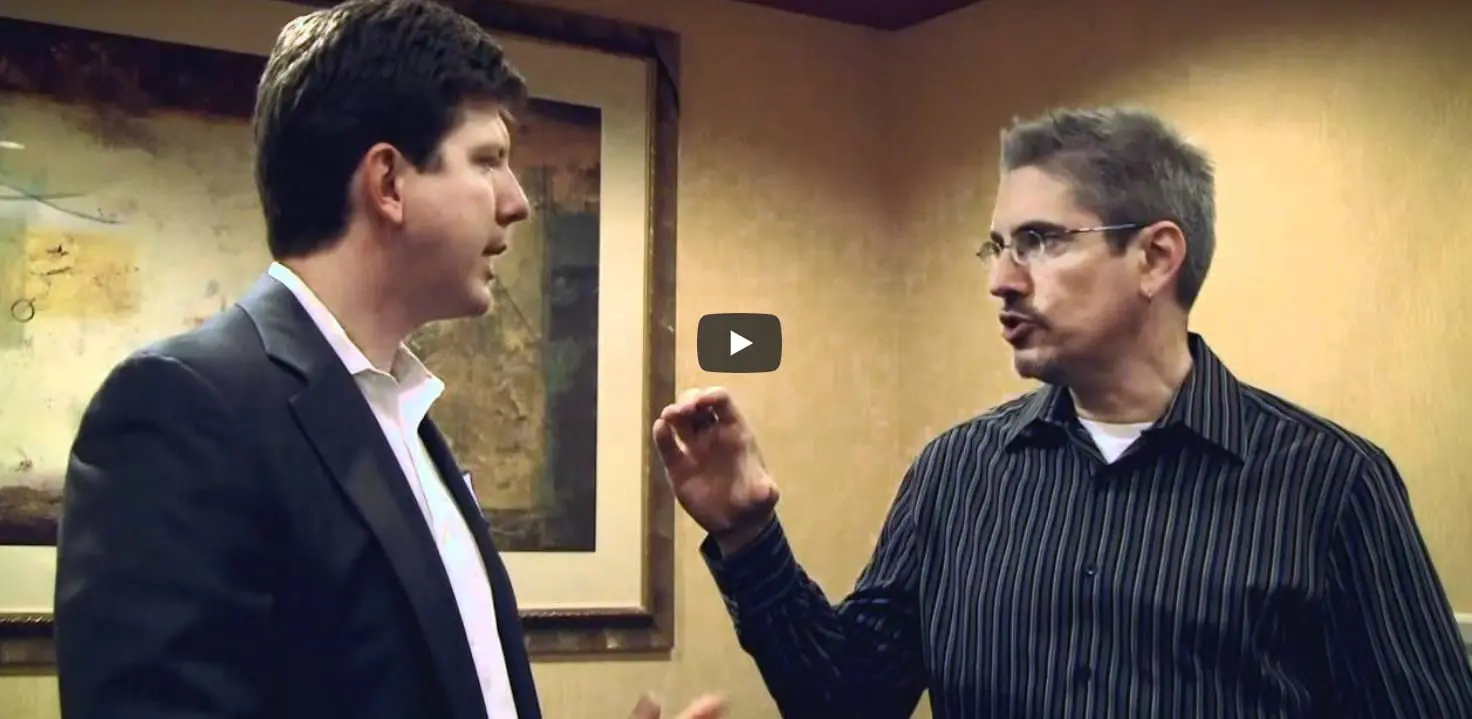
I had a chance to interview Chris Silver Smith at DFWSEM and we had a really good conversation about local search. Here’s a link to his SEO Blog.
Transcription
Eric McGehearty: Hi, it’s Eric with Globe Runner SEO, and I’m here today, I’m excited. I’ve got Chris Smith; he’s the director of KeyRelevance, which is a great SEO company here in Dallas, just like Globe Runner. And I’ve actually heard Chris speak before and I was pretty impressed with his knowledge of local search. You were citing patents, bringing out all the facts and really referencing everything you had to say.So, I thought this was a good opportunity, I cornered Chris. And, Chris, can you give us some insight in what you see going forward in local search? What’s big right now that, as a small business that’s trying to get a presence or even a large company that needs to worry about local, what’s the big things we need to be thinking about? And then what’s coming out next? What do we need to be watching out for?
Chris Smith: Sure, thanks, Eric. Yeah, Google’s changing local almost daily. They’re deploying lots of different little iterations to their interface and how listings and businesses can show up on Google and under place search as well as in Google Maps, and on mobile. And all of those little iterations in how businesses are displayed and presented are areas of interest for businesses, because it impacts how they’re interpreted by consumers, how they’re selected.
And we have only limited ability to be able to affect some of that, how that’s displayed. The areas where you are able to make changes, primarily in Google places, you’re able to associate images with your listings, such as logos or photos of your product, services, and your business place. You’re able to add in descriptive terms, description of the business. Make sure that your address is correct. And some other criteria, like products, services, add in particular lists, make sure you’re categorized correctly.
Those are fairly straightforward things. Behind the scenes, though, there’s stuff that you can do, also, to insure that your business appears to begin with. And that’s kind of the big thing for most businesses.
Eric: But just trying to put this on the front page for them, it’s their major selling points.
Chris: Exactly. And so, there are lots of people that are very focused on that. It kind of boils down to making sure that you have a lot of links or what we call citations, which are mentions of your business or mentions of your location. So, a mention of your business name plus your address, or business name plus phone number.
And then the classic search optimization criteria, how many links do you have pointing to you and what sources they’re coming from. All of those things are things that businesses have to be paying attention to in order to rank well in local.
Eric: Well, that’s a good question that I think is always something that we’re interested in, and I’d like to talk a little bit more. How does your backlink profile to your website affect your local listing? Or does it?
Chris: It does affect it, and in fact I believe it’s become more influential with the changes that they’ve made over the last year or two put forward place search, which kind of changed how local was presented to the regular web search.
Eric: So, it’s almost co-mingled.
Chris: Exactly.
Eric: It looks like a regular web, yeah, it looks like a regular web result, but it’s got some local information, it’s got the star review, there’s a little more space between listings.
Chris: Right.
Eric: Yeah, so, yeah, that made me feel like I was probably going to be looking at a backlink profile.
Chris: Yes.
Eric: But I’m tied to the local page.
Chris: Well, we know that it became… Links, backlinks became more influential as a side-effect from that change, because when they merged business listings, which were all part of just a little inserted map listing, you know, widget, essentially.
Eric: Like a 10-Pack or whatever.Chris: They integrated those business listings with actual web listings. And before the change, if you had a business that didn’t have a website, it still could rank within what we call the 7-Pack or 10-Pack. After the change, those businesses that don’t have websites aren’t showing up. And so we know that they had to integrate regular web search results with those business listings in order to make them appear within the regular search results.
And so, like you said, they’re co-mingled and I believe that after the change, links and backlinks became more influential than they already were. Now, as part of the total ranking algorithm, the usual traditional SEO criteria, how many links you have pointing to your website, in addition to key-order relevancy stuff, you know. The link text pointing to your site in those links, the titles that you use on the web pages, the text content, images, all of that goes together and it’s part of the ranking criteria.
A really great resource to look at is David Mihm’s “Local Search Ranking Factors” survey, which has a number of us from the industry that have been watching how rankings work within local. We all contributed to it, and voted for what criteria we thought ranked higher. And it’s kind of amazing how similar our perspectives are just from, you know, all over the country, in all different industries that we’re doing optimization for.
Eric: I’ve got one last question. I know we’ve gone long, I try to keep these really short, but Chris is such an intelligent, knowledgeable guy, I’m going to go long.
So, my last question for you is, in Webmaster Tools I can go in and I can actually say, “Hey, this website is intended for a local audience.” I can pare it down to the United States; I can pare it down to Dallas/Fort Worth. And I can tell Google Webmaster Tools that my website itself is intended for a specific geography.
Does that play a…? How much of a role do you think that plays in local search? Do you recommend that as a strategy? What are your thoughts there?
Chris: I don’t think that that’s all that critical for local websites.
Eric: OK.
Chris: I think, eventually, it becomes [unintelligible 06:36] based on the business’s address and the type of industry it is. So, I wouldn’t set that. I know, in a lot of cases where people were very concerned about which country their website is associated with or whether it’s considered national or international, people would make their settings. I think it makes more sense if you’re here to do some very country-oriented content, or if your content is illegal in other localities and stuff.
You know, gambling comes to mind; they try to limit it from showing up in their different, in some other…
Eric: If you’re a multinational and you have different websites for different countries, you might want to leave those.
Chris: Right. Like, that could help to specify to Google which ones you should show for, particularly if you’re a dot com trying to show up in a foreign country, you don’t have that top-level domain name that’s going to be an incubator for… that you’re specific to that particular country.
Eric: That’s a way to go in and just kind of say, “We really are here for a reason.”
Chris: And I think if you’re a dot com trying to… a dot com, but you’re a company located in Canada, it could be useful in that case. But for most cases, I don’t think it’s necessary [unintelligible 07:51] to set that.
Eric: Good. Well, thanks, Chris, this was great information, I really appreciate your time.
Chris: Sure, yeah.
Eric: And again thanks for taking a minute and letting me hijack you.
This was Eric with Globe Runner SEO. Once again, a great interview, Chris was really knowledgeable, and take what he had to say for it with a lot of seriousness, because this guy really knows local search and he’s impressed me and that’s sometimes hard to do.
Chris: Thanks very much.
